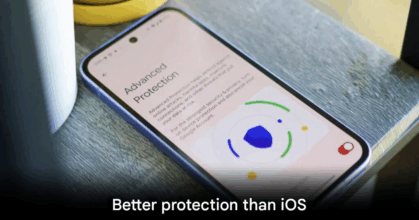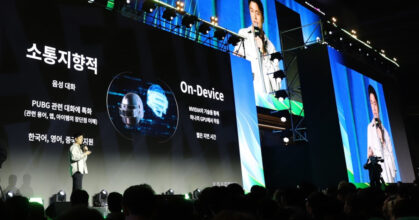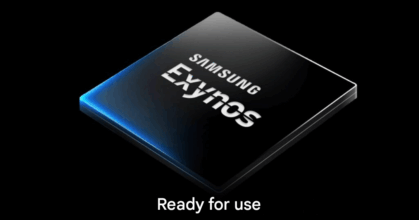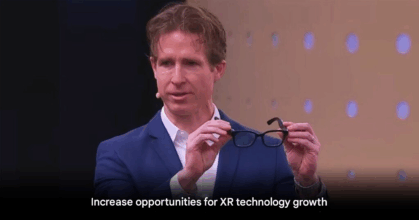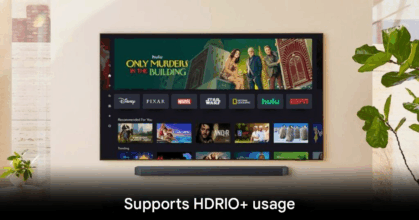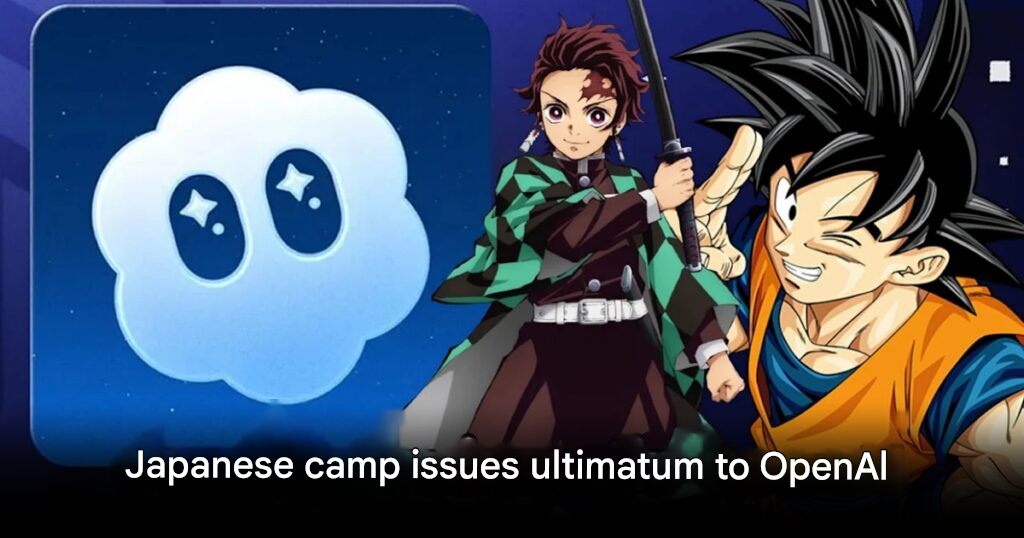
A collective of major Japanese anime, game, and manga publishers, including industry giants Sony’s Aniplex, Bandai Namco, Studio Ghibli, Square Enix, Kadokawa, and Shueisha, have lodged a serious written request to OpenAI. This appeal was submitted through the Content Overseas Distribution Association (CODA), an organization dedicated to protecting Japanese content and combating piracy across the globe.
The primary target of the complaint is OpenAI’s new video-generating AI model, Sora 2. CODA announced on October 28 that its member companies demanded OpenAI refrain from training Sora 2 on their copyrighted content without explicit permission. The organization stated it had confirmed that a significant portion of Sora 2’s outputs closely resembles Japanese content and images, including specific, copyrighted works, which is believed to be a direct result of using Japanese content as machine learning data.
CODA warned that the very act of copying during the machine learning process itself may constitute copyright infringement under Japanese law. While OpenAI has attempted to implement an “opt-out” system for copyright holders, CODA argues that Japan’s copyright laws require prior permission for the use of copyrighted works. They stressed that under the Japanese legal framework, there is no system allowing one to avoid liability for infringement through subsequent objections. Consequently, the organization urges OpenAI to not only cease using content without prior authorization but also to “respond sincerely to claims and inquiries” from CODA member companies regarding copyright infringement related to Sora 2’s outputs.
THIS IS Our Take
This is a critical moment in the ongoing global intellectual property war between content creators and generative AI developers. The explicit demand from major Japanese publishers, who control some of the world’s most valuable and recognizable IPs—from Gundam to Final Fantasy to One Piece—is a powerful legal and commercial warning. Unlike Hollywood, where AI development has often been less restrained, Japan is drawing a hard line rooted in its domestic copyright law, which prioritizes prior consent. The fact that Sora 2 outputs closely mimic Japanese IP suggests the training data was indeed heavily reliant on this content. OpenAI has been put on notice: you cannot simply take the “irreplaceable treasures” of Japanese culture to build your next billion-dollar model.
origin: automaton

